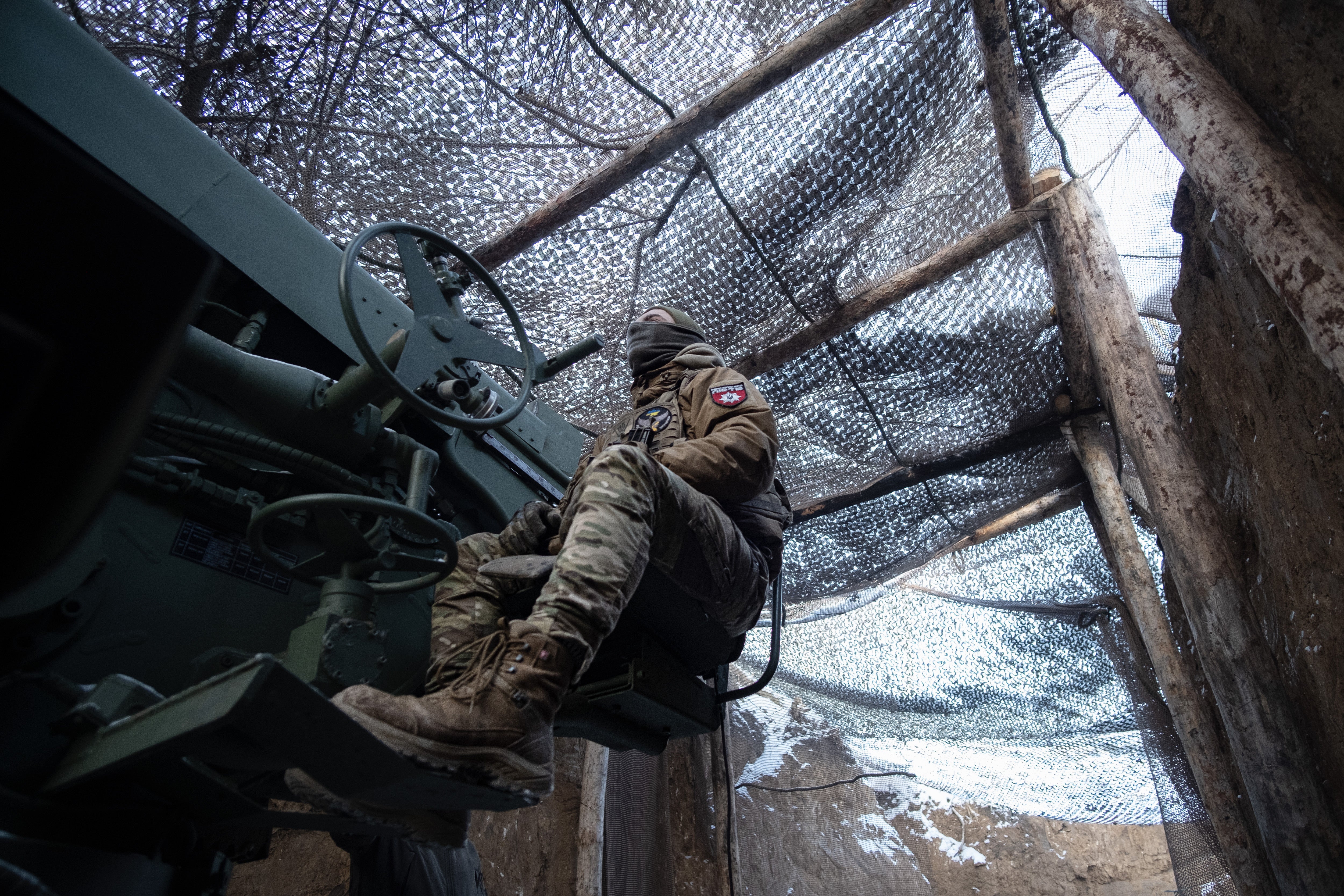South Korea has said it will grant asylum to North Korean soldiers captured by Ukraine if they seek refuge, reinforcing its longstanding policy of recognising North Koreans as South Korean citizens under its constitution.
The announcement came after a North Korean soldier reportedly taken prisoner by Ukrainian forces expressed his wish to settle in South Korea, raising questions about whether Seoul would accept his request.
“The government, based on the basic principle of accepting all of them when they request to come to South Korea and according to relevant laws, will provide necessary protection and support,” a South Korean foreign ministry official, speaking anonymously, said on Wednesday.
The official confirmed this stance had already been conveyed to Ukraine and that discussions on the matter would continue, the Korean Herald reported.
“Respecting their free will is also in line with international law and practices and they must not be sent back to their country where they would face persecution,” the official said, according to the South China Morning Post.
“We have conveyed this position to the Ukrainian side, and we plan to conduct necessary consultations.”
Ukrainian president Volodymyr Zelensky claimed last month his forces had captured two North Korean soldiers fighting for Russia. One of them, a 26-year-old sniper identified by the surname Ri, was interviewed by South Korean newspaper Chosun Ilbo and spoke about his desire to defect.
“I will apply for refugee status,” Ri was quoted as saying by the paper. “I am thinking of going to South Korea. If I apply for refugee status, will they accept me?”

Ri claimed he was unaware he would be deployed to fight against Ukraine. He had been told he would be training as an international student in Russia, the paper said. “I didn’t know I would be participating in combat,” he said.
The other soldier, 21-year-old rifleman Paek, also suggested he was considering defecting to South Korea. Both soldiers had been deployed to Russia’s Kursk border region in late October and November after serving in the North Korean military for several years.
Mr Zelensky has suggested that Ukraine is open to various options for North Korean prisoners of war. He has previously indicated that Kyiv is willing to exchange them for Ukrainian prisoners held by Russia.
“Ukraine is ready to hand over Kim Jong Un’s soldiers to him if he can organise their exchange for our warriors who are being held captive in Russia,” Mr Zelensky said. “For those North Korean soldiers who do not wish to return, there may be other options available.”
Seoul’s decision to accept defecting North Korean soldiers aligns with its constitution, which recognises all North Koreans as South Korean citizens. The foreign ministry reiterated that international law and humanitarian principles dictate that prisoners of war should not be repatriated to countries where they may face persecution.
The South Korean defence ministry condemned the North’s deployment of troops to Russia calling it "deceptive and inhumane”. A ministry spokesperson, Jeon Ha Gyu, urged Pyongyang to immediately halt further troop deployments.
Seoul also criticised Chosun Ilbo for publishing images and personal details of the captured North Korean soldiers. “Prisoners of war must be treated humanely and media coverage involving them should be handled with caution under relevant agreements, including the Third Geneva Convention,” a foreign ministry official said.
“We express concern and regret that the facial photos of North Korean prisoners of war were exposed as they were by the media report, creating the possibility of disadvantages to the safety of themselves and their families.”
The ruling conservative People Power Party has urged the government to make efforts to facilitate the safe defection of North Korean prisoners held in Ukraine.
Interim leader Kwon Young Se warned that captured North Korean soldiers could be exchanged for Ukrainian prisoners, meaning they could be returned to North Korea.
“If they return to North Korea, the lives of these young men cannot be guaranteed,” he said. “We must not send them back to a place where their safety cannot be ensured.”







